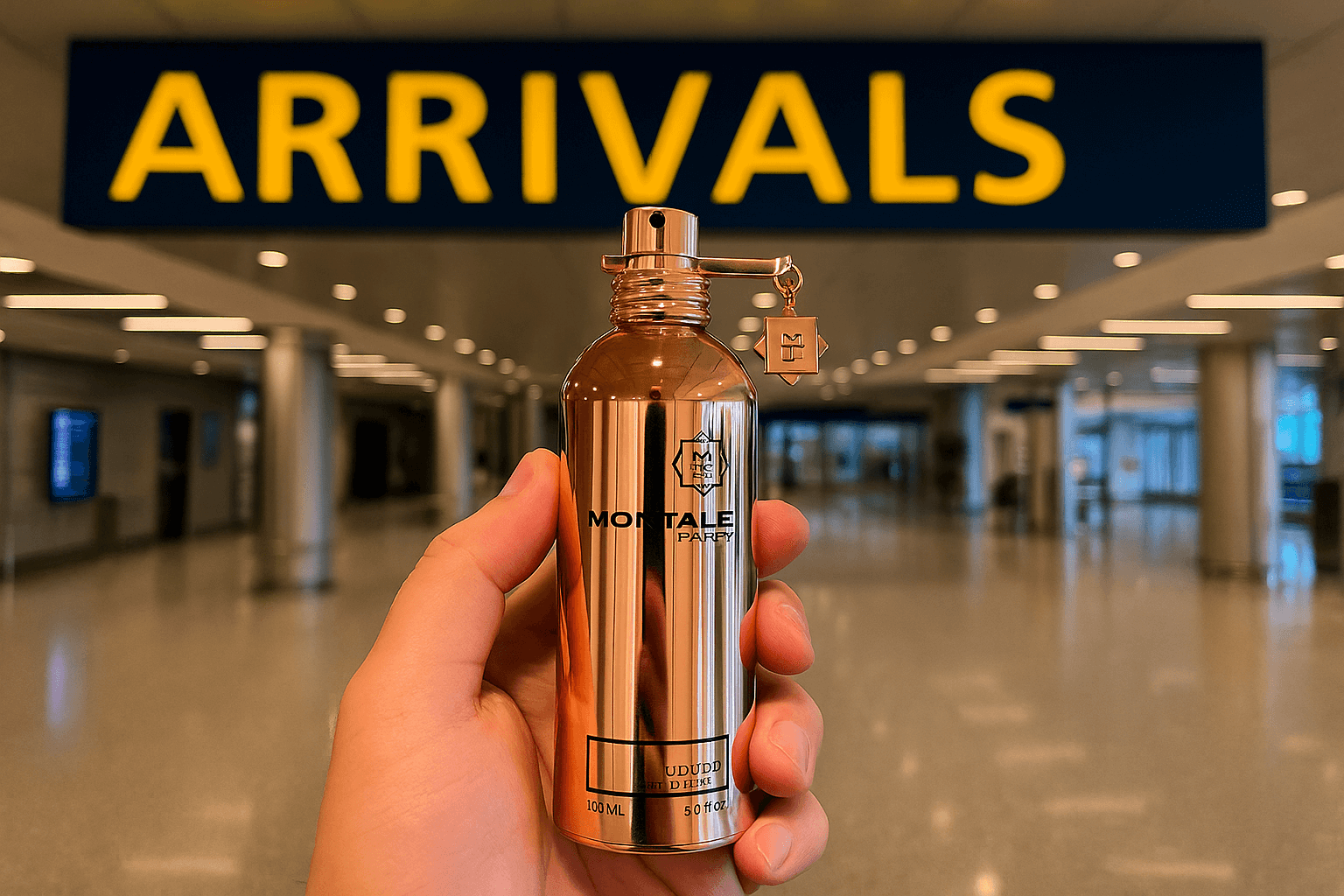Montale perfume Paris quickly became more than just a fragrance brand. It’s a phenomenon that disrupts the traditional mechanics of the perfume industry. With bold Eastern compositions, unique packaging, and a distinctive distribution approach, Montale has become part of the conversation about the future of niche perfumery. And it’s not just about the scents—it’s also about how the brand bypasses conventional supply chains, avoids big networks, and remains accessible in dozens of countries.
Origins of the brand and the Montale philosophy
Montale was founded by Pierre Montale after his travels across the Middle East, where he gained access to rare natural ingredients and traditional aromatherapy rituals. Inspired by Arab perfume culture, he launched a line of fragrances where oud, saffron, leather, and amber play a central role. From the beginning, Montale positioned itself as a niche brand, without targeting mass markets or relying on heavy advertising.
One signature element is the use of aluminum bottles, which protect the liquid from light and air. This isn’t just about aesthetics—it’s a practical choice to preserve the scent. The brand also avoids loud marketing campaigns. It grows through word of mouth, reviews in niche fragrance communities, and the experiences of first-time buyers.
Montale doesn’t flood the market with endless SKUs. It operates on a principle of focus: each new release complements the previous ones instead of replacing them. This preserves the brand’s identity and attention to detail—a contrast to the mass market’s seasonal rush for the new.
How Montale builds global distribution without retail monopolies
One of the most unique elements of Montale’s strategy is its rejection of traditional distribution models. Instead of global contracts with large fragrance chains, the brand works actively with local niche stores, boutiques, and online retailers. This gives Montale flexibility, pricing control, and independence from industry giants.
In different countries, Montale partners with distributors who understand the local market. In the UAE, for example, the brand is present in small boutiques where customers can test scents and get expert advice. In Europe, Montale is often found in concept stores or selective fragrance galleries, where each bottle is presented with its story.
Online, Montale is also intentional: it works with vetted platforms that ensure safe shipping and product authenticity. This matters because the niche fragrance market is increasingly facing counterfeits, especially for popular compositions like Intense Café or Black Aoud.
Montale also stays away from global discount events like other brands. Its pricing policy is stable. This builds customer trust: you’re paying for the product—not for the discount.
Popular scents and their logistical journey
Some Montale perfumes have become so popular they’re hard to find even in authorized stores. Notable examples include Roses Musk, Intense Tiaré, and Dark Purple. These scents often sell out as soon as they arrive in-store. Even though demand is high, the brand doesn’t dramatically increase supply. It avoids overproduction in favor of limited releases.
Interestingly, many scents travel a long way from the Paris lab to a shelf in Tokyo or Dubai. Shipments are scheduled and batch-based. It’s not express logistics—it’s a rhythmic, precise system. Montale avoids overstocking and waste.
This approach allows them to:
- control quality at every step;
- maintain a sense of exclusivity;
- prevent overvaluation of stock;
- avoid “grey market” imports.
For customers, this means confidence: the bottle they buy—even from a local boutique—is genuine and fresh, not a dusty leftover with a 70% markdown from halfway across the world.
Why Montale is a collector’s choice
Montale is one of the few brands seen not just as wearable fragrance, but also as collectible art. Buyers track limited releases, place preorders, and trade rare editions in enthusiast communities. You’ll often see questions like: “Which year is better for Black Aoud?” or “Does anyone have a 2011 Oud Leather?”
One key factor is the small batches and rare reissues. If a scent is discontinued, chances are it’s not coming back. Yet the brand rarely announces discontinuations. This creates value—not a marketing gimmick, but real collectible worth. The aluminum bottle also plays a part: it doesn’t fade, stores well, and is easy to authenticate.
Some buyers even keep databases: when, where, and at what price they purchased each scent. It creates a sense of ownership—more than just a bottle of perfume. Montale, in this sense, works like vinyl in a world of streaming—a scent you return to, time after time.
Lessons from Montale for the fragrance logistics market
Logistics in niche perfumery is more than delivery—it’s part of the brand identity. Montale shows how distribution can be woven into a brand’s marketing philosophy. Instead of choosing convenience, the brand chose control. It’s a risk—but one that has paid off.
First, this reduces returns and dissatisfaction. The customer knows their scent wasn’t sitting on a shelf for months. Second, it builds trust. Shops don’t undercut prices or sell unverified stock. Third, it keeps the mystique alive. You can’t just walk into any hypermarket and grab a bottle—you have to search, inquire, engage.
One interesting point: Montale doesn’t have a centralized logistics network like LVMH. But it does have a network of trusted partners, built on relationships and respect. It’s more like an art gallery than a warehouse—and that’s the soul of the brand.If you’re curious how modern materials contribute to reliability and longevity, check out the article “Smart alloys and their role in creating long-lasting joints” — it explores real-world engineering use cases and hidden benefits of shape-memory metals.
Because it gives the brand more control over pricing, logistics, and brand image.
It’s more about fragrance philosophy, where marketing takes a backseat and rarity comes first.
Due to limited supply, selective distribution, and the brand’s choice to avoid mass production.

